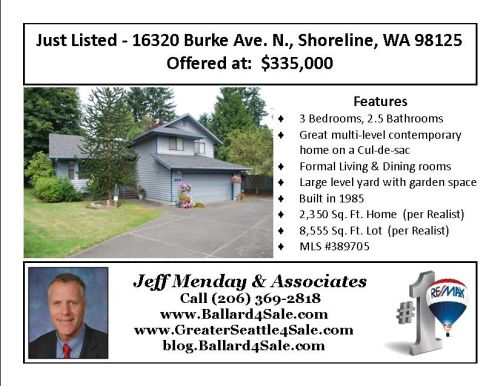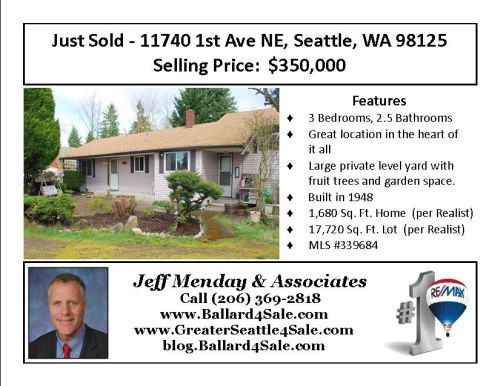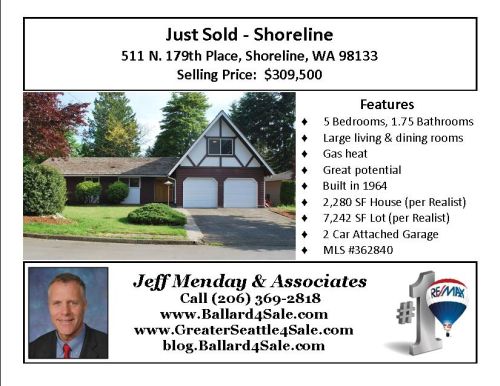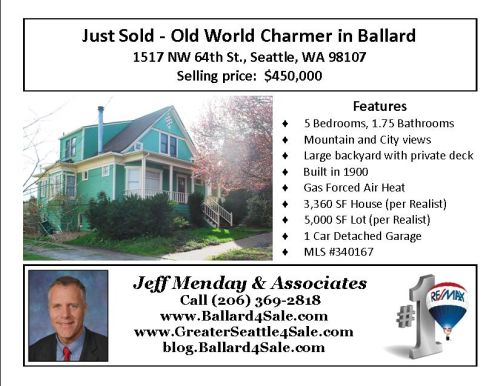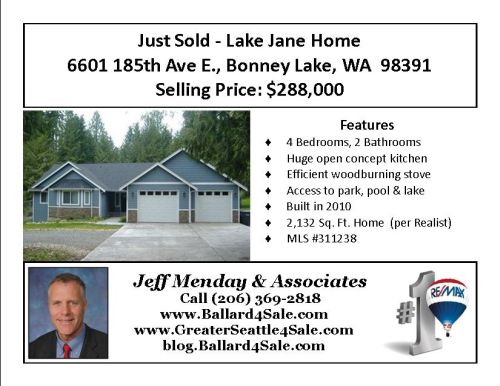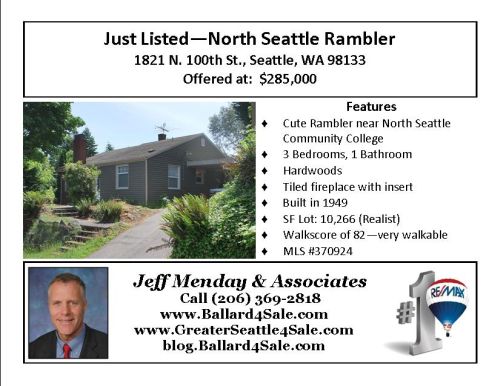National Night Out 2012 – August 7th
National Night Out 2012 – Tuesday August 7th
The “29th Annual National Night Out” (NNO), a unique crime/drug prevention event sponsored by the National Association of Town Watch (NATW), has been scheduled for Tuesday, August 7, 2012
Last year’s National Night Out campaign involved citizens, law enforcement agencies, civic groups, businesses, neighborhood organizations and local officials from over 15,000 communities from all 50 states, U.S.territories, Canadian cities and military bases worldwide. In all, over 37 million people participated in National Night Out 2012.
NATIONAL NIGHT OUT is designed to:
- Heighten crime and drug prevention awareness;
- Generate support for, and participation in, local anti-crime programs;
- Strengthen neighborhood spirit and police-community partnerships; and
- Send a message to criminals letting them know that neighborhoods are organized and fighting back.
To learn more, please visit: http://www.natw.org/nno/
Your Home Security Audit – The Exterior
Your Home Security Audit – Part 1 – the Exterior
Most burglaries occur when no one is home. The ultimate goal is to deter a burglar from targeting your home. If someone does try to enter, then you deny entry or at least delay entry. Delaying entry gives neighbors or police a change to detect the burglar. The majority of burglars are caught because a neighbor noticed suspicious activity and called 911.
Ask yourself these YES or NO questions to see if your home security is lacking:
Exterior
- Do trees or shrubbery obscure your doors and windows?
- Does shrubbery obscure a place where an intruder could hide?
- Does your home’s appearance give the impression that no on is at home?
- Are storage sheds unlocked?
- Is the garage unlocked or open?
- Are there basement doors or windows that are easily unlocked or opened?
- Do you have a privacy fence?
- Are there any ground floor windows that are unlocked or have a broken pane of glass?
- Are there any unlocked second floor windows?
- Are there openings in your homes such as skylights?
- Are there entrances to your home unlit at night?
- Are there any other areas around your home that could provide concealment for an intruder?
- Are there cars or vehicles left outside unlocked or with keys in the ignition?
- Are vehicles parked in poorly lighted areas?
Next time – the structure, interior, and contents…
BBQ Grill Safety
With the weather heating up, and a big holiday on the horizon, the Hearth Patio Grill Association ( www.hpga.org ) has these 13 simple rules to maximize your safety when using a grill:
Read the owner’s manual. Always read the owner’s manual before using your grill and follow specific usage, assembly, and safety procedures. Contact the grill manufacturer if you have specific questions. (Be sure to locate your model number and the manufacturer’s consumer inquiry phone number and write them on the front page of your manual.)
Grills are for outside, only. Barbecue grills are designed for outdoor use, only. Never barbecue in your trailer, tent, house, garage, or any enclosed area because carbon monoxide may accumulate and kill you.
Use in well-ventilated area. Set up your grill in an open area that is away from buildings, overhead combustible surfaces, dry leaves, or brush. Be sure to avoid high traffic areas and always barbecue in a well-ventilated area. Be aware of wind-blown sparks.
Keep grill stable. When using a barbecue grill, be sure that all parts of the unit are firmly in place and that the grill is stable (can’t be tipped over).
Follow electric codes. If electrically-operated accessories are used (rotisseries, etc.), be sure they are properly grounded in accordance with local codes. Electrical cords should be placed away from walkways or anywhere people can trip over them.
Use long-handled utensils. Use barbecue utensils with long handles (forks, tongs, etc.) to avoid burns and splatters.
Wear safe clothing. Wear clothing that does not have hanging shirt tails, frills, or apron strings that can catch fire, and use flame-retardant mitts when adjusting hot vents.
Keep fire under control. To put out flare-ups, either raise the grid that the food is on, spread the coals out evenly, or adjust the controls to lower the temperature. If you must douse the flames with a light spritz of water, first remove the food from the grill.
Be ready to extinguish flames. Use baking soda to control a grease fire and have a fire extinguisher handy. A bucket of sand or a garden hose should be near if you don’t have a commercial extinguisher.
Consider placing a grill pad or splatter mat beneath your grill. These naturally heat resistant pads are usually made of lightweight composite cement or plastic and will protect your deck or patio from any grease that misses the drip pan.
Never leave a grill unattended once lit.
Stay away from hot grill. Don’t allow anyone to conduct activity near the grill when in use or immediately following its use. The grill body remains hot up to an hour after being used.
Don’t move a hot grill. Never attempt to move a hot grill. It’s easy to stumble or drop it and serious burns could result.

